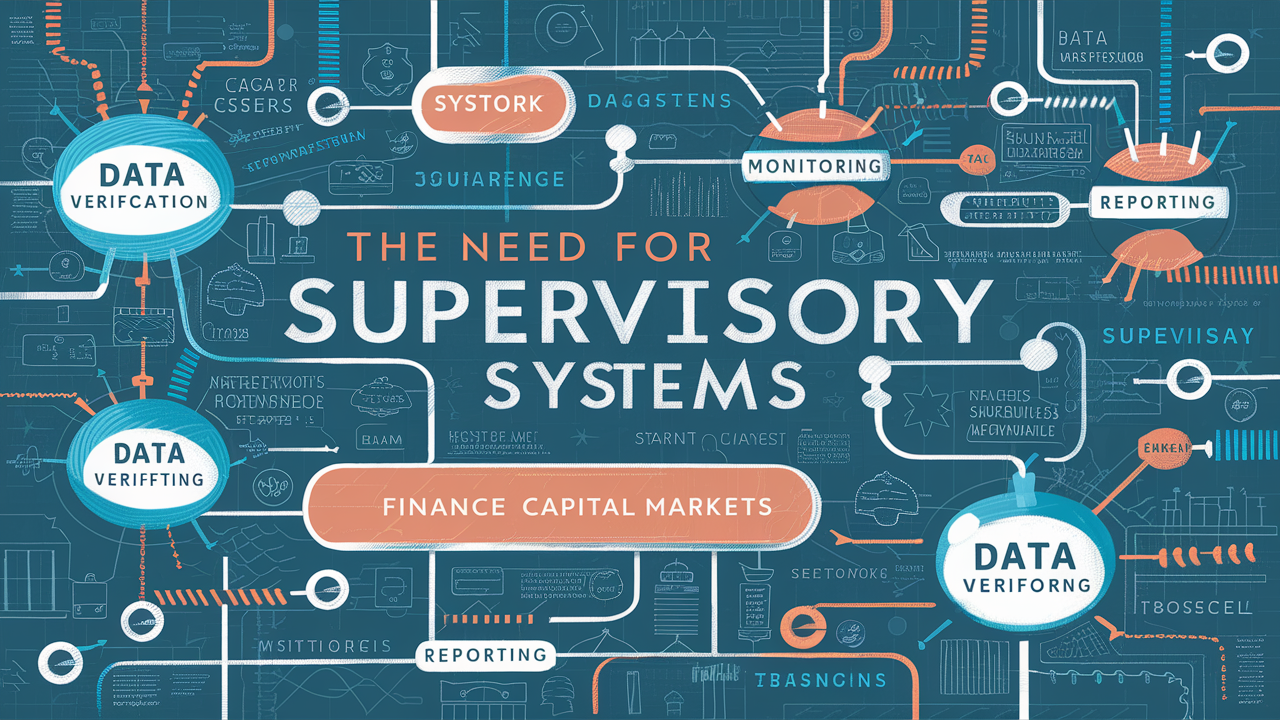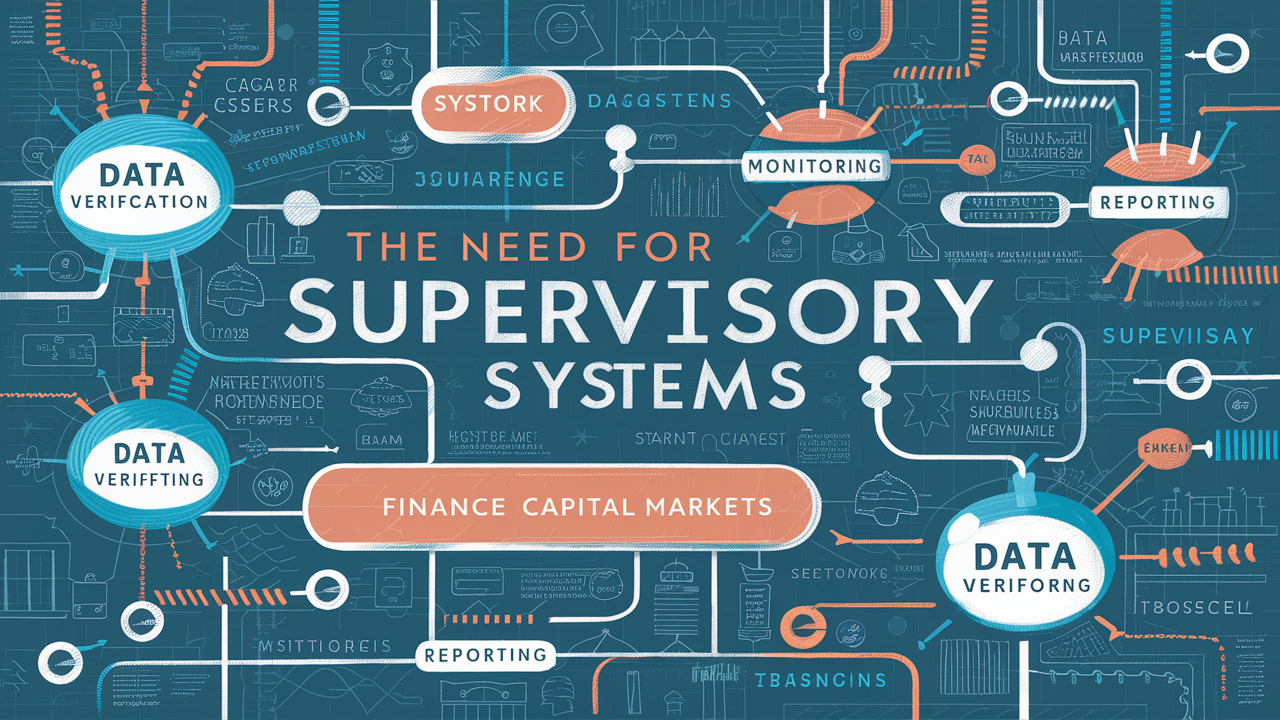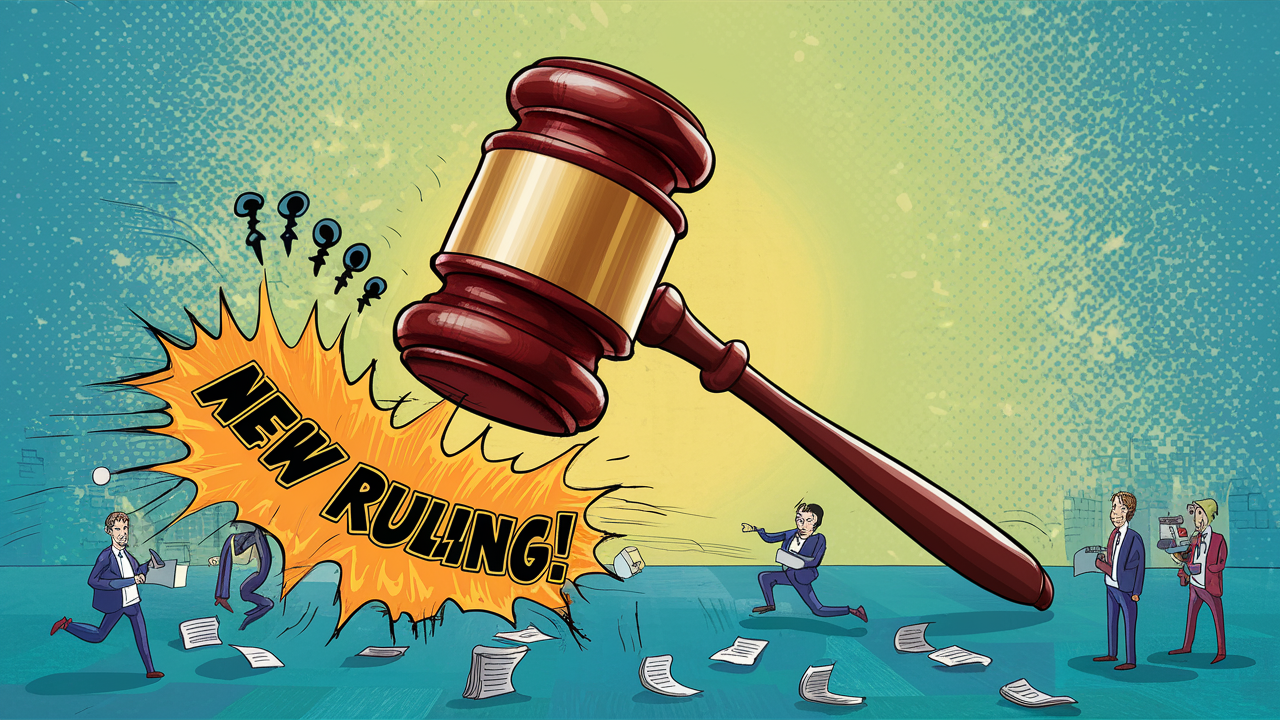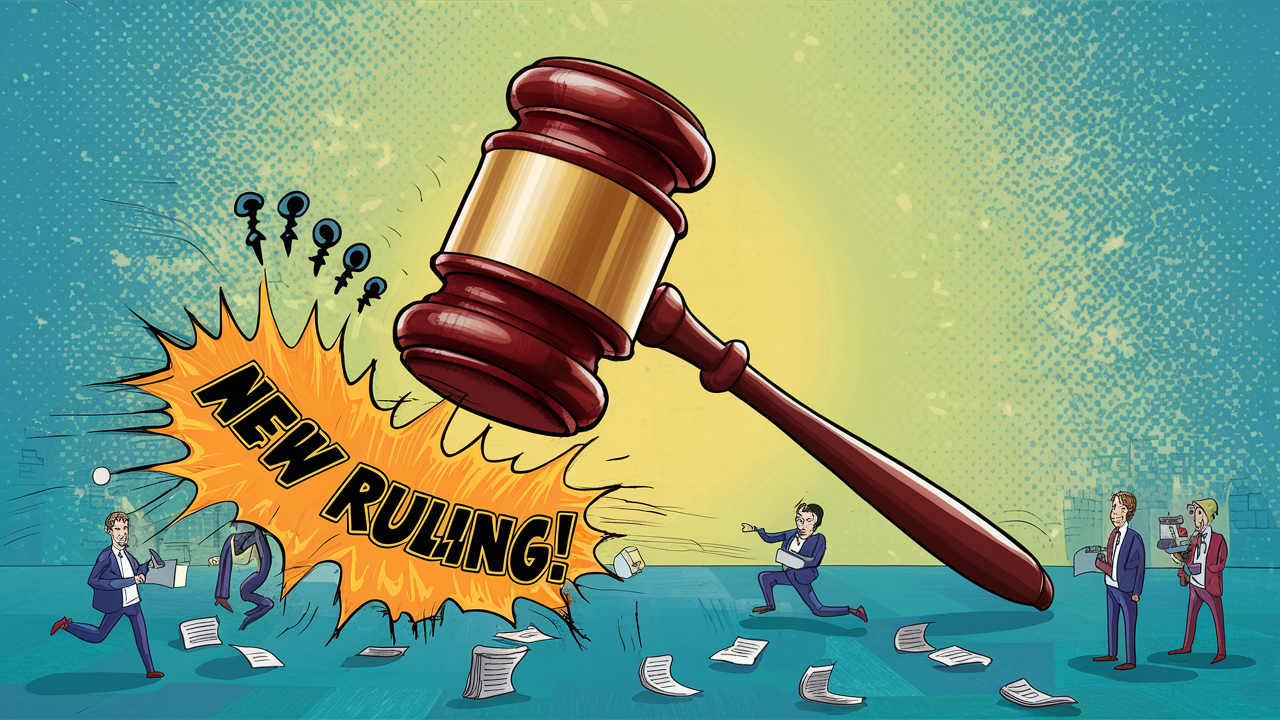FINRA’s $500K Fine to Dawson James Signals a New Era in Compliance Enforcement
Texting Troubles: FINRA Fines Dawson James $500K, Sets New Compliance Benchmark
 In a headline-making move, the Financial Industry Regulatory Authority (FINRA) dropped the hammer on Dawson James Securities with a jaw-dropping $500,000 fine. Why? They dropped the ball on keeping a hawk-eye on their employees’ text message shenanigans. This isn’t just a slap on the wrist; it’s a game-changer, setting a precedent that’s got the whole industry talking.
In a headline-making move, the Financial Industry Regulatory Authority (FINRA) dropped the hammer on Dawson James Securities with a jaw-dropping $500,000 fine. Why? They dropped the ball on keeping a hawk-eye on their employees’ text message shenanigans. This isn’t just a slap on the wrist; it’s a game-changer, setting a precedent that’s got the whole industry talking.
What Went Down?
At the heart of the commotion, Dawson James was caught with their guard down, not properly snagging and storing work-related texts. Yeah, those texts the team swaps on the fly. Turns out FINRA wasn’t too pleased discovering the firm’s slapdash approach to keeping tabs on these digital bits. This oversight (or lack thereof) stepped on several compliance toes, sparking a wildfire of concerns.
The Ripple Effects on Prime and Clearing Brokers
Navigating the Compliance Minefield
One of the seismic shakes from this case hits prime brokers and their allies, the executing or clearing brokers, right in the nerves. It’s a thunderous wake-up call to tighten up and not get caught in the compliance crossfire. For these financial linchpins, who juggle an insane load of transactions and communications, it’s critical. They’re now peeking over the fence, making sure their digital dialogues aren’t playing fast and loose with FINRA’s guidelines.
Tech to the Rescue: Embracing SaaS
Here’s where leaning into Software as a Service (SaaS) platforms like Loffa Interactive Group doesn’t just sound savvy; it’s nearly essential. These digital dynamos can streamline the mammoth task of monitoring, archiving, and retrieving every bit of communication, ensuring nothing slips through the cracks. With tools tailored for the financial world’s intricate dance, adopting this tech isn’t just smart; it’s a strategic shield in the face of tightening compliance nooses.
A Deep Dive: Why It’s a Big Deal
Compliance Not Just a Checkbox
This fiasco underscores a lesson: compliance ain’t a one-and-done deal. It’s an ongoing marathon. For prime and clearing brokers, who are the main arteries in the financial body, it means running a tight ship where every text, email, and carrier pigeon note (kidding on the last one) gets the attention it deserves.
Proactive Beats Reactive Every Time

Being ahead of the curve is where it’s at. With the financial scene morphing at breakneck speed, playing catch-up is a risky business. Instead, equipping with SaaS solutions gives brokers a vantage point, turning potential compliance headaches into a walk in the park. It’s not just about dodging fines; it’s about setting a standard that says, “We’ve got this.”
Wrapping It Up
The Dawson James saga isn’t just a cautionary tale; it’s a clarion call for the financial industry to step up its game. This punchy incident highlights the critical need for stringent compliance frameworks, robust training, and a culture that prioritizes regulatory adherence above all.
In a nutshell, this is a stark reminder that in the intricate ballet of finance, stepping out of line, even if just for a beat, can lead to a tumble. And recovering from that? Well, it costs more than just half a million bucks; it’s about reclaiming trust and credibility in a space that doesn’t forgive easily.


 In the intricate world of finance, compliance isn’t just a buzzword—it’s an operational cornerstone. The tale of SoFi Securities, slapped with a hefty $1.1 million fine by FINRA, serves as a vivid reminder. Between 2017 and 2021, SoFi’s oversight in customer identity verification led to over 20,000 accounts slipping through the cracks, unchecked—triggering potential risks from money laundering to a slew of financially tainted activities.
In the intricate world of finance, compliance isn’t just a buzzword—it’s an operational cornerstone. The tale of SoFi Securities, slapped with a hefty $1.1 million fine by FINRA, serves as a vivid reminder. Between 2017 and 2021, SoFi’s oversight in customer identity verification led to over 20,000 accounts slipping through the cracks, unchecked—triggering potential risks from money laundering to a slew of financially tainted activities.
 The recent crackdown by the Financial Industry Regulatory Authority (FINR) on Ceros Financial Services brings to light an unyielding truth in the financial domain: compliance, especially email surveillance and archival, remains at the bedrock of operational integrity. Ceros faced hefty fines for lapses in these areas, signaling a wake-up call to all players within the industry.
The recent crackdown by the Financial Industry Regulatory Authority (FINR) on Ceros Financial Services brings to light an unyielding truth in the financial domain: compliance, especially email surveillance and archival, remains at the bedrock of operational integrity. Ceros faced hefty fines for lapses in these areas, signaling a wake-up call to all players within the industry.